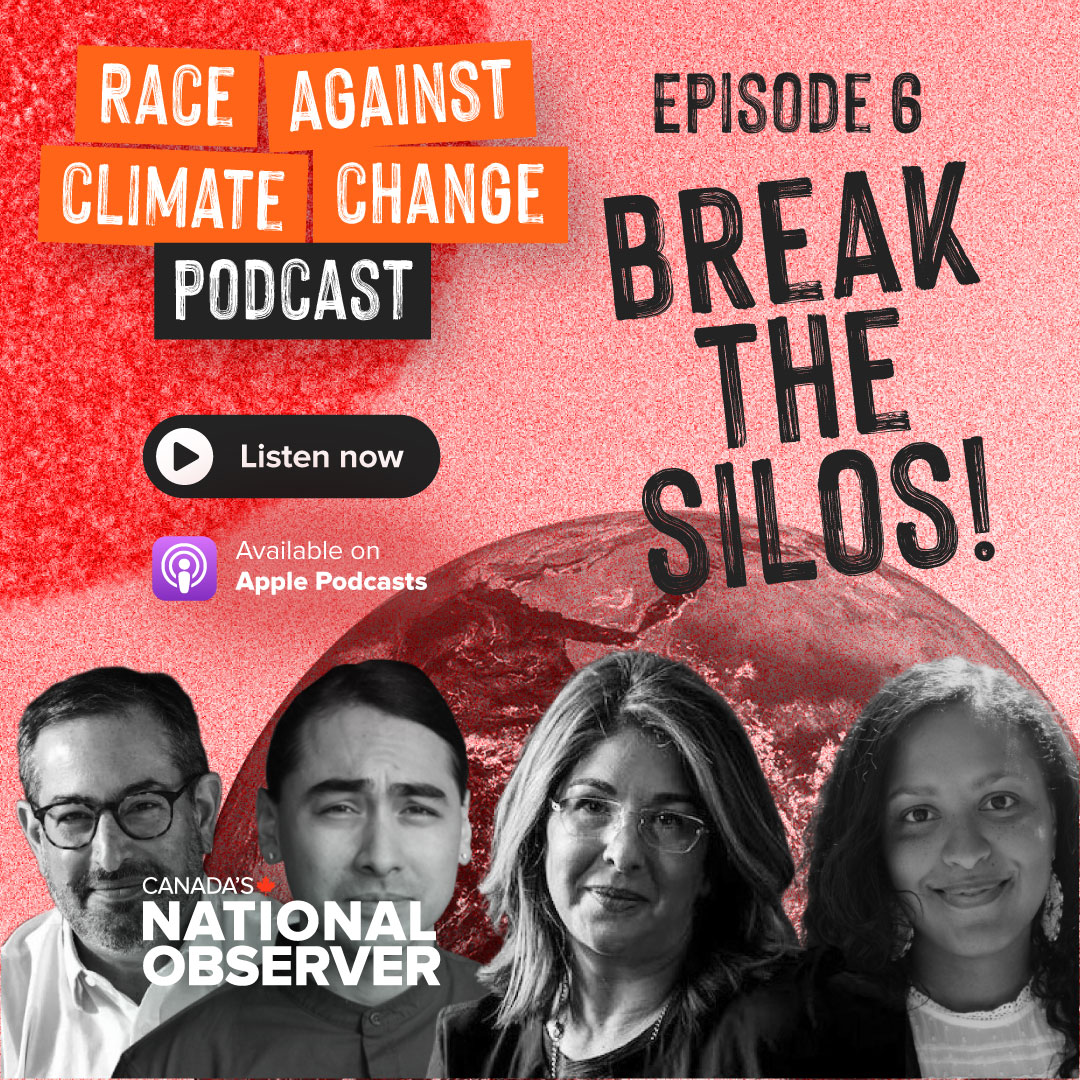Support strong Canadian climate journalism for 2025
Two environmental coalitions are asking the federal Ministry of Fisheries and Oceans to intervene in the Bradford Bypass project arguing the Ontario government is planning to damage fish habitat without necessary authorization from Ottawa.
The letter, sent Friday to Fisheries Minister Joyce Murray, contends the highway project would “harmfully alter, disrupt or destroy fish habitat at a number of water crossings.”
Such activities are “unambiguously prohibited” under the Fisheries Act without federal approval, wrote Ecojustice lawyer Laura Bowman, who represents the Simcoe County Greenbelt Coalition and the Rescue Lake Simcoe Coalition.
According to the intervention request, some early work — a bridge and associated roadways — could begin within weeks, while assessment of potential impacts on fish habitat isn’t scheduled until later in the project.
“The proponent proposes to commence construction prior to finalizing the impact assessment on fisheries,” it reads. “It would appear that the Ontario Ministry of Transportation may seek forgiveness rather than permission.”
Dakota Brasier, press secretary for provincial Transport Minister Caroline Mulroney, said in an email that construction is anticipated to start in the fall to align with work already underway in Simcoe County.
“To avoid redoing infrastructure again at the completion of the environmental assessment, it follows for us to integrate infrastructure that would support the bypass with local works already underway,” she wrote, adding that “at no point” is the government exempt from meeting obligations on environmental protection, Indigenous consultation or other processes prescribed by law.
A provincial regulation allows for the bridge and associated roadworks to begin ahead of the rest of the project as long as the transport ministry completes an assessment for that work, she said. A project-specific environmental assessment of the overall bypass is due for completion in December.
“Various environmental studies are being undertaken to identify environmental concerns, commitments and recommend mitigation measures,” she said. “Detailed impact assessments are continuing to document the specific potential for adverse effects to the natural, socio-economic and cultural environments…”
The province will consult federal authorities as needed throughout the project to ensure regulatory compliance, she wrote.
The latest attempt to stall the 16.2-kilometre freeway follows federal Environment Minister Steven Guilbeault’s denial last week to review an earlier decision not to designate the Bradford Bypass for an environmental assessment.
The provincial Conservative government, touting its ability to get highways built quickly, saw one project, Highway 413, scuttled when a federal environmental assessment was ordered, a process that could delay it by months or years.
The proposed Bradford Bypass would cut across the Holland Marsh south of Lake Simcoe to connect Highway 400 and Highway 404.
Proponents say it’s necessary to relieve heavy congestion on commuter highways that, among other concerns, contribute to greenhouse gas emissions.

Opponents counter that the highway would pave over ecologically sensitive areas, endanger species at risk, pollute the Holland Marsh and Lake Simcoe, and lead to more vehicles on the area’s roads. The Ford government has peeled back environmental regulations since it was elected, adding to worries that environmental concerns won’t be addressed and mitigated.
Margaret Prophet, executive director of the Simcoe County Greenbelt Coalition, said the organization is hoping the federal government will “put the brakes on” before the province starts work. She worries that if early works, such as a bridge, begin now, it will be more difficult to cancel or reroute the project.
“It’s not that this is going to stop it forever but at the same time, we don’t want early works to go through when it’s very clear … that it absolutely will destroy fish habitat [that] absolutely will not be replaceable,” said Prophet. “So we want to be sure all levels of government are not sleeping at the wheel.”






Comments
please feds show precaution at least!
There are plenty of ways to reduce congestion without building new highways. For example, the PC government could pay people (through the tax system) to drive on the 407, which already links the 400 to the 404. Moving goods by rail instead of by truck is another measure worth thinking about.